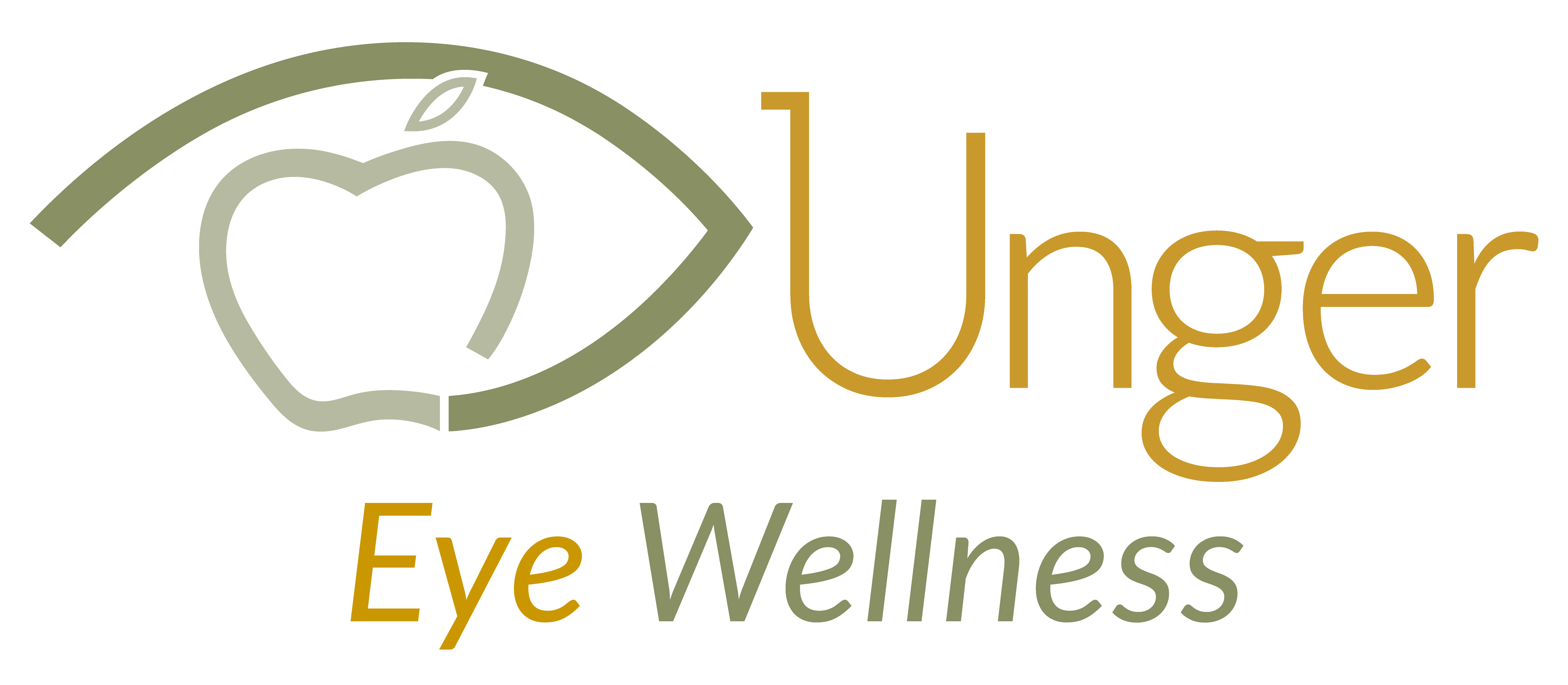
Vitamins and Foods That Relieve Dry Eye Syndrome
Approximately 16 million Americans have dry eye syndrome. Symptoms of dry eye—other than the obvious eye dryness—include grittiness, burning, irritation and difficulty reading or looking at a screen for long periods of time. Studies have shown that certain foods help the eyes stay properly hydrated.
Specific vitamins, fatty acids and trace elements are good not only for our overall health but also for our tear film.
Omega Fatty Acids For Dry Eye
Omega fatty acids are responsible for forming the stabilizing oil layer in the tear film. If this outer layer of the lubricating film is disrupted, it can lead to dry eye symptoms like burning, redness and itchiness. In addition, omega fatty acids have an anti-inflammatory effect.
Foods high in omega fatty acids include:
- Fish. cod, mackerel, salmon, trout
- Meat. red meat, pork liver
- Oils. canola oil, rapeseed oil, sunflower oil, walnut oil,
- Other animal products. cheese, eggs
Vitamins for Dry Eye
Below is a list of vitamins that help with dry eye and boosts general eye health.
- Vitamin A (retinol) helps protect the surface of the eye. Vitamin A deficiency, which usually occurs in developing countries, can cause an increase in dry eye. By adding foods rich in Vitamin A, like carrots, pumpkins, apricots, spinach, tomatoes, dairy products and liver, you can prevent the development of this condition.
- Vitamin B2 protects your eyes from cell damage. It is found in broccoli, avocados, dairy products and whole-grain products.
- Vitamin B6 is needed for a healthy tear film. Foods such as kale, potatoes, goose, mackerel, salmon and sardines contain high doses of vitamin B6.
- Vitamin B12 is also important for lubricating the eyes. It’s typically found in mackerel, beef liver, calf’s liver and pork liver. It is also found in dairy products and eggs, though in smaller amounts.
- Vitamin C protects against oxidative stress and plays an important role in maintaining a functioning tear film. It can be found in peppers, broccoli, rosehip, acerola berries and brussels sprouts.
- Vitamin E is necessary to protect your eyes against cell damage as well as dry eye. This vitamin is prominently found in sunflower oil, mackerel, wheat germ oil, peppers, spinach, mangos and redcurrants.
Lutein and Zeaxanthin
Lutein and zeaxanthin are antioxidants that help cells function correctly and stay healthy. They help prevent many chronic eye diseases, including dry eye syndrome. Foods rich in these antioxidants include leafy greens like romaine lettuce, kale and spinach. They are also available as supplements.
Zinc for Eye Health
Zinc plays an important role in keeping your eyes healthy. This mineral is responsible for getting vitamin A from your liver to your retina and produces melanin, a pigment that protects your eyes. Dairy, whole grains, nuts, sweetcorn, peas and lentils are all excellent sources of zinc.
Drink Water to Hydrate Your Eyes
Lastly, drink water. While it may seem obvious, many of us forget to drink enough water. Staying hydrated can help improve eye comfort and is vital for your kidneys, bowels and radiant-looking skin.
Eating healthy and staying hydrated helps to ensure your eyes get the vitamins and minerals they need. So go ahead and protect your vision, improve eye health and relieve your dry eye symptoms by adding these nutrients to your diet. However, remember to always consult your eye doctor before taking any supplements.
Contact Unger Eye Care to learn more and to explore our effective and lasting treatments to relieve your dry eyes so you can live your best life.
Our practice serves patients from Troy, Edwardsville, Maryville, and Glen Carbon, Illinois and surrounding communities.





